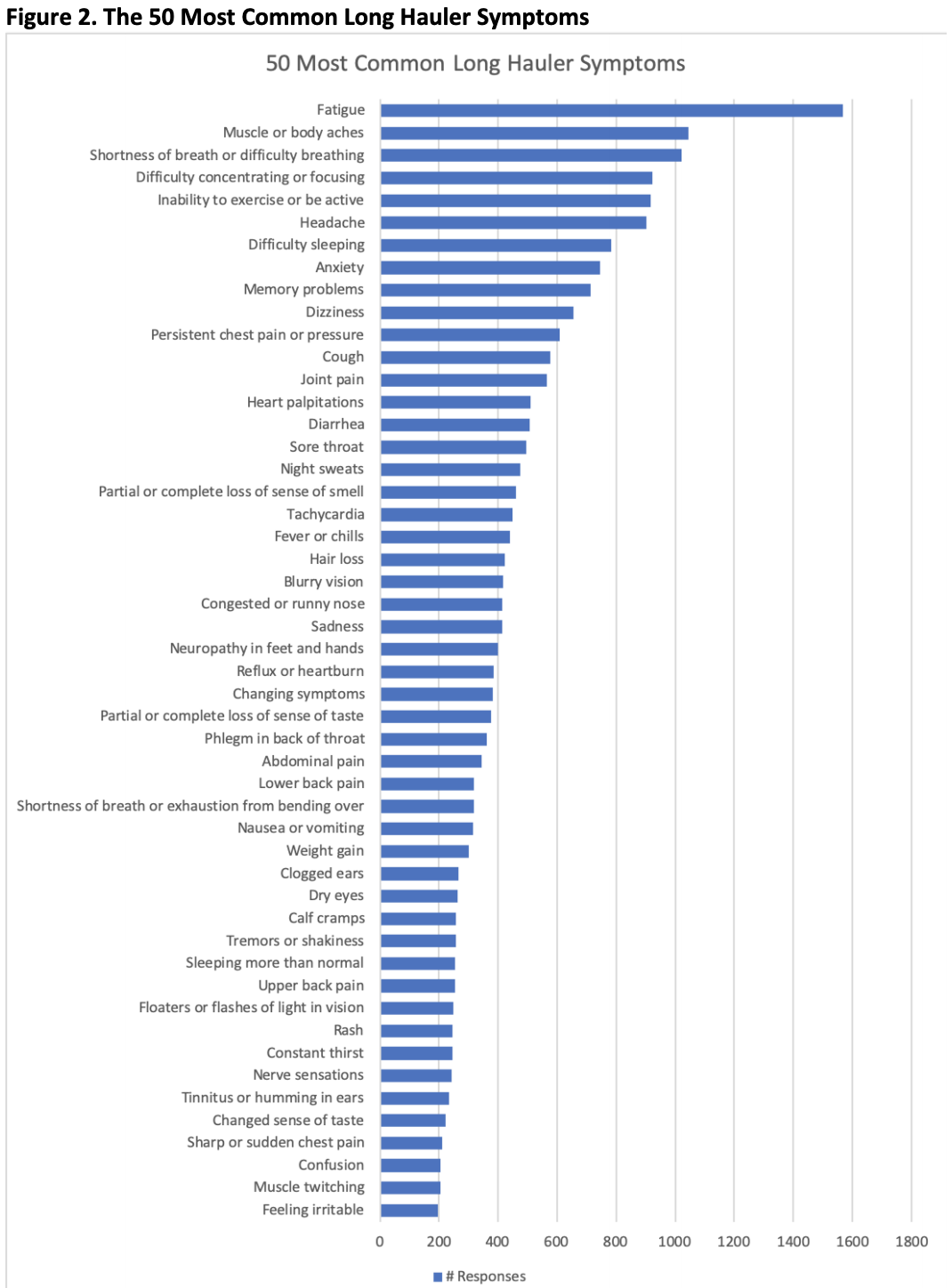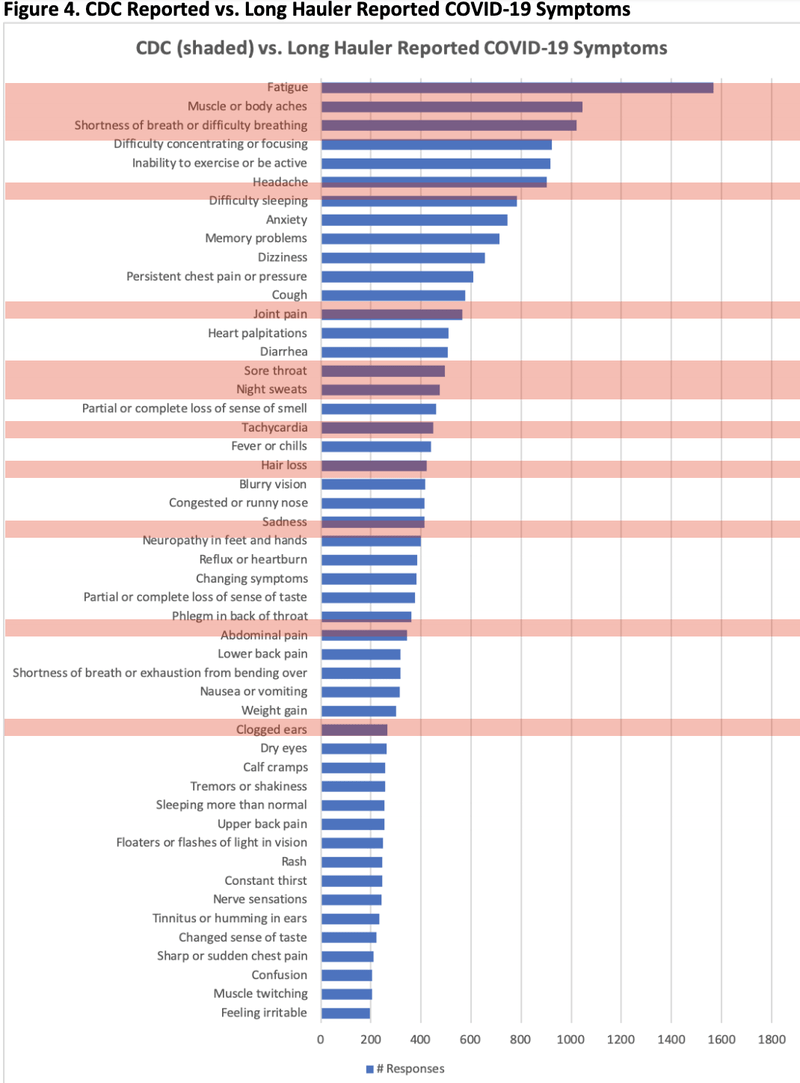Epidemiologists readily admit that viruses are chock full of puzzles. And COVID-19 is no exception. Earlier today, Dr. Fauci himself lamented the fact that nearly half of those who get the virus don’t see symptoms, which is one reason why young people have been so reckless, purportedly helping to spread the virus.
And in a study published recently by the University of Indiana School of Medicine happened on a surprising finding: those who suffer from long-term symptoms of the coronavirus – a group that the researchers nicknamed “long haulers” after a Facebook group where many go for help – can experience all kinds of surprising symptoms, including baldness (for both men and women).
The study was conducted by a doctor at the Indiana University School of Medicine and the grassroots COVID-19 survivor group Survivor Corps using a Facebook poll that was shared with a group of “long haulers”, whom the researchers thanked for sharing their time and experience.
The CDC has identified only 17 persistent COVID-19 symptoms, but the survey of more than 1,500 patients found 98 possible symptoms, according to Dr. Natalie Lambert, an associate research professor who worked on the study.
“The new symptoms our study identified include severe nerve pain, difficulty concentrating, difficulty sleeping, blurry vision and even hair loss,” Lambert said in a written statement.
While the CDC guidelines are helpful for the vast majority of COVID-19 sufferers, for those who are severely affected by the virus, a much broader world of potential symptoms opens up. Many of these symptoms aren’t included on the CDC’s list of common COVID-19 symptoms. And until now, the medical community hadn’t really recognized these symptoms as potentially tied to SARS-CoV-2.

In the report, the authors wrote that “the mismatch between the health problems people are experiencing and the information that they can find from official health sources is noticeable and a potential cause for concern,” outlining the motivation for their study.
To be sure, media reports have documented a degree of versatility in virus symptoms. Some seriously ill patients experienced damage to their hearts along with the lungs and the vascular system – these symptoms, and the puzzle they presented for epidemiologists, were widely reported.

But the team from the Indiana University School of Medicine wrote that other symptoms, including “brain, whole body, joints, eye, and skin symptoms are also frequent-occurring health problems for people recovering from COVID-19”, they wrote in the study.
Another finding of the survey is that many “long haulers” who suffer from these extended symptoms report high levels of pain – 26.5% reported painful symptoms.
Read the rest of the study here.
Republished from ZeroHedge.com with permission










Sign up on lukeunfiltered.com or to check out our store on thebestpoliticalshirts.com.